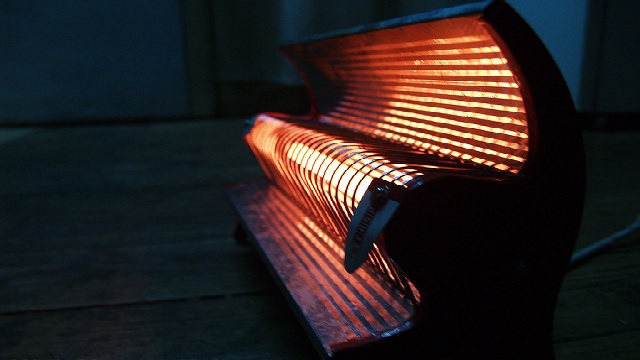How safe are Room Heaters? Are they safe for everyday use
It should always be remembered that heaters should not replace the heating ventilation or conditioning systems.
A recent incident in India’s Uttar Pradesh has attracted attention towards the possible perils of room heaters. A couple apparently died due to suffocation after they left a gas heater on inside their room while their four-year-old child was discovered in an unconscious state. Similarly, in another incident, two persons who were sleeping with burning coal inside their room to beat the cold died due to suffocation while two others in another room have been found unconscious, in the DLF Phase-3 area of Gurugram, in India.
As temperature drops outside, many families rely on portable space heaters to help keep toasty and warm in the winter. However, while they can provide cozy warmth in the chilly winter weather, space heaters are dangerous if used incorrectly.
What are the negative effects of room heaters?
It should always be remembered that heaters should not replace the heating ventilation or conditioning systems. It should only act as a substitute source of heat to warm up small rooms for a limited time when no other option is available.
- They may omit toxic gases
There are multiple types of space heaters on the market today. Fuel-burning models run on oil, gas, petroleum or charcoal, which results in the production of carbon monoxide. Some of these heaters are vented and come with a chimney that helps to expel fumes; if this vent can be directed outside, you can keep the indoor air clean and fresh. Otherwise, it is still expelling combustion products into the room.
The pollutants from combustion can be dangerous in an indoor space. When you breathe in carbon monoxide, it takes up oxygen space in your blood. With insufficient oxygen supply in your body, you can lose consciousness or even suffocate. Space heaters that expel carbon monoxide are not rated for indoor use and will come with large warning labels.
More prolonged exposure to these fumes can damage your brain and heart. It can increase asthma risks or other respiratory conditions. What makes carbon monoxide very dangerous is that you can neither see nor smell it. By the time you start experiencing the effects, it could be too late.
- They can lead to fire hazards
Indoor heaters can also cause a fire. Indoor heaters are the most common cause of fire-related deaths during winter. This is one of the main reasons that they are not recommended for prolonged indoor use and require special precautions when used temporarily.
Space heaters quickly rise in temperature. Flammable items, even dust, that is too close to a space heater can catch fire when exposed to the level of dry, intense heat that they produce. Curtains, bedclothes, stacks of paper or flammable furniture may catch on fire if they are in the path of an electric space heater.
Space heaters are also meant to be portable. While they’re easy to carry, this also makes them easy to tip. Homes with pets may find that the heaters get knocked down, which again can bring them into close contact with carpeting and other flammable materials.
- They result in dry air
Space heaters often cause very dry air; this can irritate your sinuses, dry your lips and skin and cause other irritating conditions like nosebleeds and rashes. They can also dry your eyes, making it harder to see clearly after a long day.
- Can be quite noisy
Some indoor heaters make annoying noises that can result in disturbed sleep. This is especially true with fan-based models that can create high-pitched whining sounds. Since fan-based heaters tend to run intermittently, light sleepers can be awakened multiple times a night to the sound of the fan cycling on and off.
- They can cause electric shock
Like any electric item, a heater with improperly connected wires will cause sparking and shocks. The reason this is important to note here is that the current that an electric heater draws is very high. If a shock from a heater does occur, it is more likely to cause electrical burns or other health issues because of the amount of electricity that it requires to run.
- They may result in burns
In addition to electrical burns, the temperature with which a space heater runs is typically very high. If they are not placed in a location that is inaccessible, they become a health risk for younger children or pets. This can be especially tricky when you consider that they must also be placed in an area that is secure, away from flammable items, near a vent if they’re not electric and in a portion of the room that will distribute the heat well.
Additionally, staring at the lit coils in a space heater has been shown to cause a burn to the corneas of your eyes.
Overall, space heaters can pose many threats if you don’t follow the recommended safety tips — especially if you have little ones running around. However, as long as you are cautious and mindful when using one to heat your home and stay cozy in the cold months, you should be fine.




 Ms Kalinga
Ms Kalinga